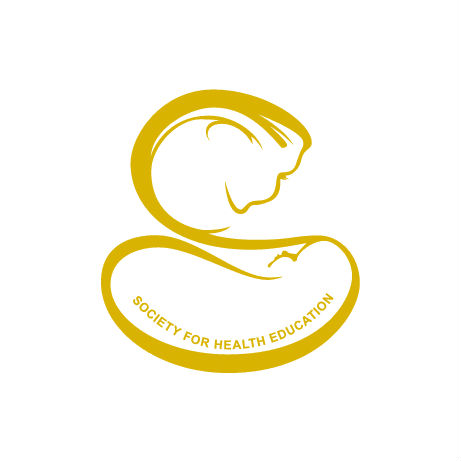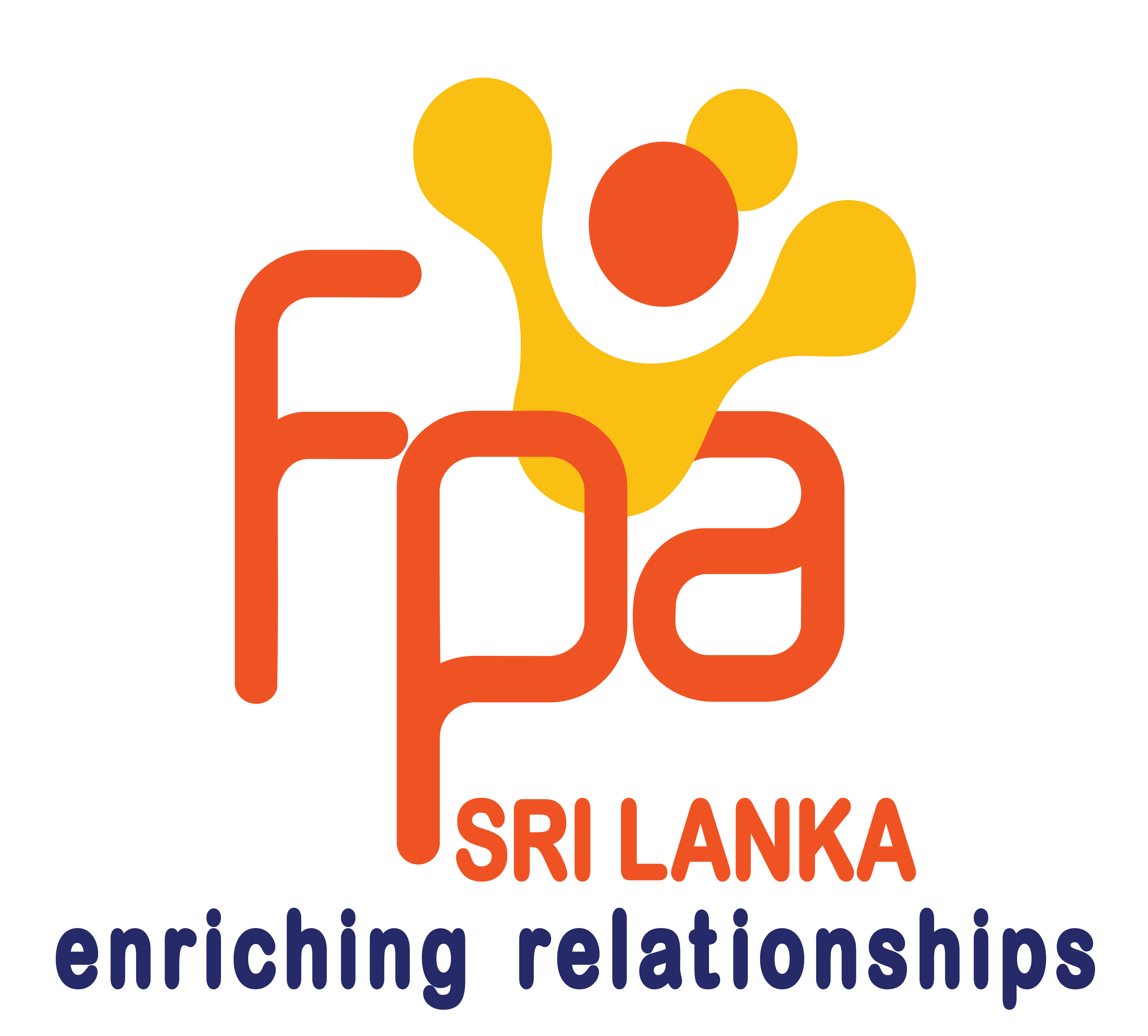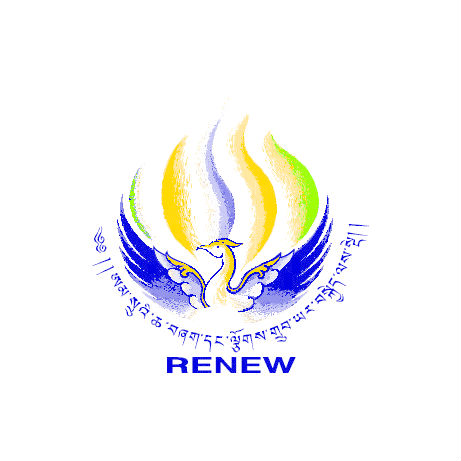

| 31 March 2016
Family Planning Association of India
Established in 1949, the Family Planning Association of India (FPAI) is a founding member of IPPF. Its work in sexual and reproductive health (SRH) covers safe motherhood and child survival, empowerment of women, male involvement, adolescent health and youth development. FPAI works closely with non-governmental organizations (NGOs) and the government. It runs 39 permanent clinics, 101 mobile facilities, and has a network of nearly 2,700 community-based distributors /services (CBDs/CBSs). It works with 563 private practitioners and 196 other agencies. In addition, FPAI operates 3 infertility clinics, a contraceptive retail sales programme, and a condom dispensing service. In total, FPAI operates over 4,000 service points. A community-centred approach is at the core of FPAI's work. Our programmes are designed to deliver improved health and standards of living, better decision-making, and greater self-reliance. It aims to enable men and women to form local voluntary groups to initiate action in communities. Work primarily focuses on under-served rural areas and urban slums. The organization exploits a variety of media to impart its message, including film, radio, newsletters, journals and other print materials, as part of a wide-ranging education programme addressing topics such as family planning, maternal and child health, the risks of unsafe abortion, infertility, the prevention of sexually transmitted infections (STIs) and counselling for newlyweds. FPAI encourages the empowerment of women through mahila mandals (women's groups), balwadis (nursery schools), and literacy and income generation programmes. It’s been addressing the concerns of young people in a holistic manner through 30 Sexuality Education, Counselling, Research, Training/Therapy (SECRT) Centres spread acrosss the country. The centres offer youth-friendly services that prepare young people for their future by building the confidence and self-esteem essential to forging healthy relationships. They also offer counselling and information on various developmental issues, including sex, coping with preer pressure, relationships, responsible sexual behaviour, marriage, parenthood, contraception and the prevention of STIs including HIV and AIDS. As an advocate, FPAI exerts influence through community representatives, through the media, and through representation on government bodies such as the Central Health and Welfare Council and Steering Committee on Population Education. Contacts Website: http://fpaindia.org/ Facebook: https://www.facebook.com/FPAI.national

| 31 March 2016
Society for Health Education (SHE) Maldives
The Society for Health Education (SHE) was established in 1988 by 4 women. It adopts an integrated approach to health education and service delivery and its role includes increasing the accessibility of services and using the media for education and communication. The society runs outreach programmes and mobilizes voluntary support to develop projects and to maintain and enhance service provision. SHE conducts selective research to assess and report on emergent health issues (especially the high incidence of thalassaemia). SHE operates a permanent clinic offering family planning services in the Maldive’s capital, Male. From here it runs counselling services, training courses for medical, paramedical and administrative staff, screening, and genetic counselling and research with a view to reducing the number of children born with thalassaemia. In schools, SHE operates a health programme for young people, providing information on population, thalassaemia, early marriage and pregnancy, sexually transmitted infections (STIs) and smoking and drugs. It also produces an extensive range of health education materials including both publications and radio and television programmes. Fundraising and income generation is a high priority for SHE which organizes a number of annual events, such as a Children's Festival and a Thalassaemia Dinner. Website: www.she.org.mv

| 31 March 2016
Family Planning Association of Nepal
Established in 1959, the Family Planning Association of Nepal (FPAN) first joined IPPF in 1960 and become a full Member Association in 1969. When it was established, the idea of family planning was considered inimical to religious, cultural and social norms. With the institution of a government Maternal and Child Health Division in 1969, FPAN began to supplement and complement the national health and population programmes. Target populations include injecting drug users (IDUs), lesbian, gay, bi-sexual, trans-sexual and intersex (LGBTI) individuals, people living with HIV (PLHIV), survivors of gender-based violence (GBV) and trafficked returnees and refugees. FPAN serves these populations through an extensive network of 2,750 service points, comprising 127 static clinics, 116 mobile facilities, 184 associated clinics, 543 other agencies, and over 2,000 community-based distributors/services (CBDs/CBSs). Key areas of emphasis include adolescents' sexual and reproductive health, HIV and AIDS prevention and treatment, safe abortion, advocacy for sexual and reproductive health and rights (SRHR), the prevention of gender-based violence (GBV) and support for its victims, and the promotion of access to sexual and reproductive health (SRH) information and services to marginalized and under-served groups. With the dedicated backing of 450 full-time professional staff, 1000 community counsellors, 4000 peer educators and 11,000 grassroots volunteers, FPAN has the capacity to mobilize on a large scale, and with the support of over 20 governmental departments, non-governmental organizations (NGOs) and foundations, it has a secure funding base to maintain and expand its comprehensive programme of activities. Contacts Website: www.fpan.org

| 31 March 2016
Family Planning Association of Sri Lanka
The Family Planning Association of Sri Lanka (FPASL) complements Sri Lanka’s government health services with 5,300 services points: 6 permanent facilities, 6 mobile units and thousands of community-based distributors/services (CBDs/CBSs). It focuses on reaching the most vulnerable groups in society. Clinics offer a comprehensive range of sexual and reproductive health (SRH) services. These include contraception, counselling, diagnostic services, HIV and STI screening and voluntary counselling and testing (VCT). FPA Sri Lanka works closely both with the Ministry of Health and decentralized government agencies. The government recognizes FPA Sri Lanka as one of the ‘mother’ non-governmental organizations (NGOS), working in SRH, nurturing smaller NGOs across the country. The Member Association promotes family planning as a basic human right. It addresses key SRH and relationship issues faced by young people via school and youth-centre based workshops and through the Happy Life Contact Centre. This centre provides information on sexual and reproductive health and rights (SRHR) to the general public through a range of new media tools). FPA Sri Lanka advocates to increase political commitment to reproductive health education (with political and religious leaders). It promotes female empowerment, it seeks to eradicate unsafe abortion and liberalise abortion laws, and it aims to foster community involvement in projects. Additionally, it runs regular training sessions for staff, volunteers and personnel from outside organizations working in the SRH field. FPA Sri Lanka has developed a highly successful contraceptive retail sales programme, backed by major media campaigns, supplying around 60% of the condoms and 90% of the oral contraceptives sold in Sri Lanka. Contacts Website: www.fpasrilanka.org Facebook: https://www.facebook.com/fpasrilanka Twitter: https://twitter.com/FPA_SriLanka

| 31 March 2016
Respect Educate Nurture Empower Women - Bhutan
Established in 2004 by Her Majesty the Queen of Bhutan, Respect, Educate, Nurture, Empower Women (RENEW) became an Associate Member Association of IPPF in November 2009. It aims to be the leading organization in shaping the future role of women in Bhutanese Society, helping to reduce vulnerabilities while nurturing and empowering them. Their work is focused on reaching poor, disadvantaged and adolescent girls and women. RENEW has a widespread community-based support (CBS) system (established in 20 districts), and a community outreach programme run from the RENEW centre. Work focuses on sensitization with regard to HIV and AIDS, education in family planning approaches and contraceptive methods, and enhancing the safety of pregnancy and childbirth. A clear problem in Bhutan is the unequal position of women. One of the expressions of gender inequality is high levels of gender-based violence (GBV) which is seen as a natural part of married life, and not as an issue. RENEW has a vigorous education programme designed to reverse such attitudes. Bhutan is a unique country: all development is based on promoting Gross National Happiness (GNH), and comprehensive sexual and reproductive health (SRH) services, acceptance of every individual’s sexual and reproductive health and rights (SRHR), and the practical realization of those rights are regarded as critical components in increasing GNH. Given this political context, RENEW has ambitious targets. Although it has only been established for 10 years, it is making remarkable strides towards the achievement of better SRH and SRHR outcomes for the nation and its people.







